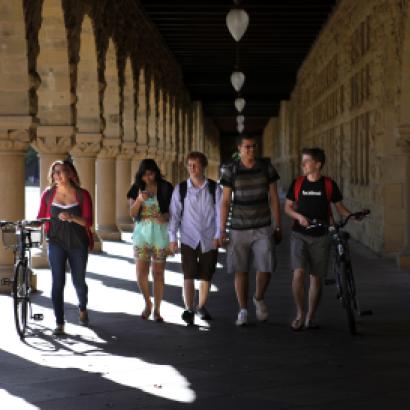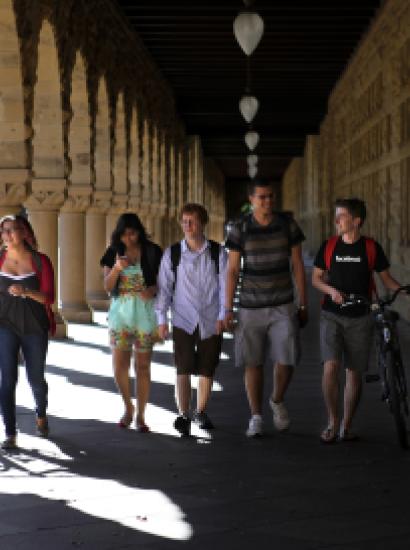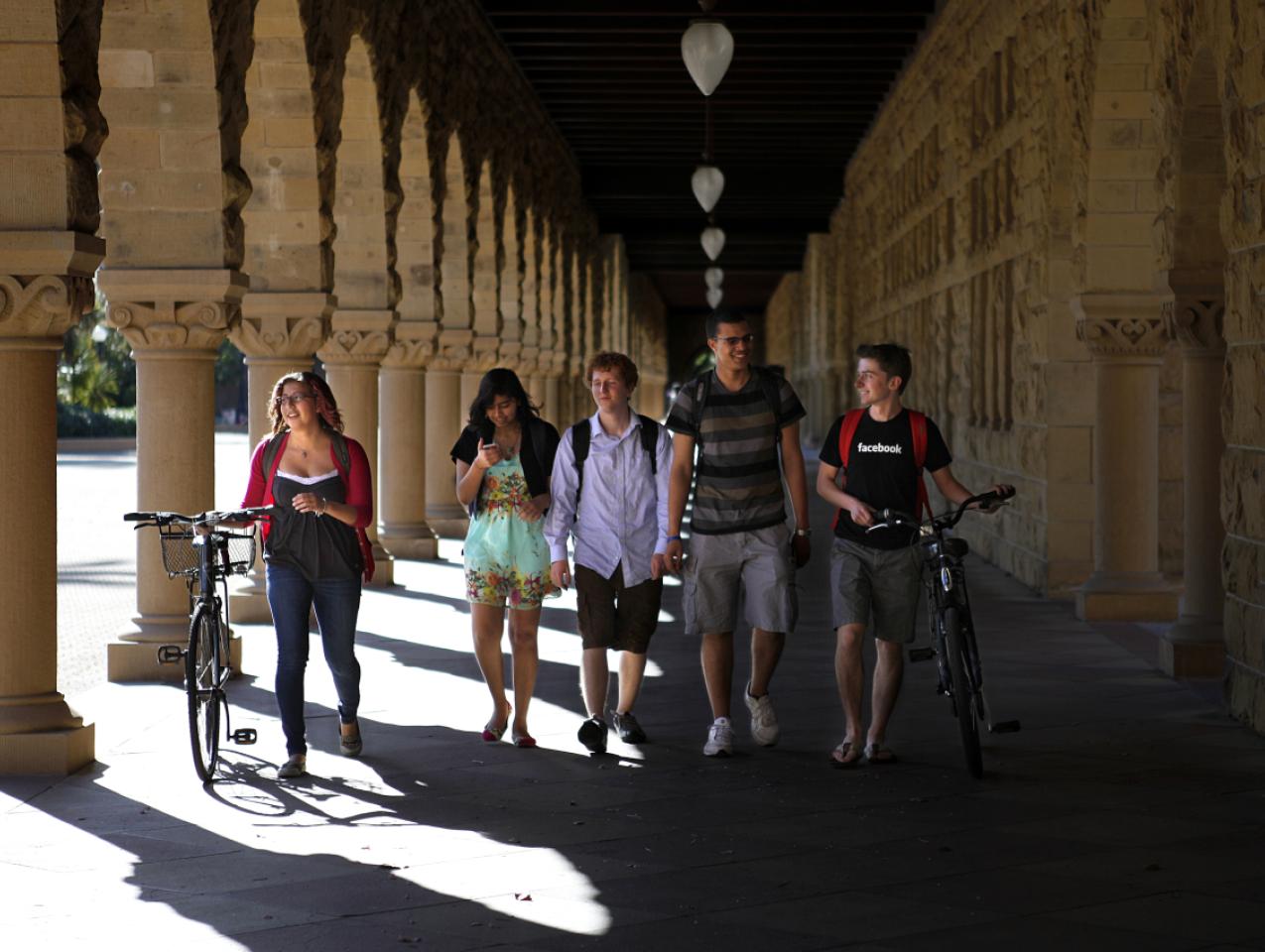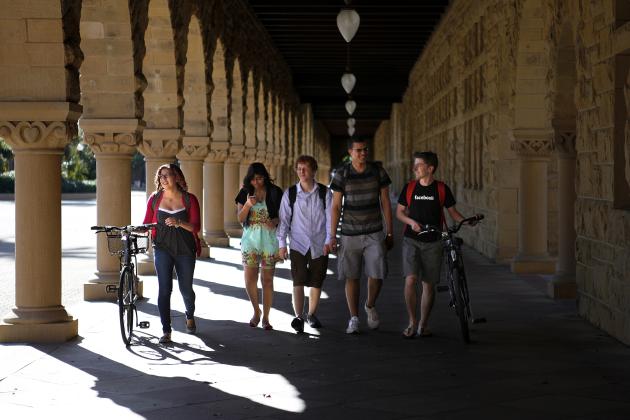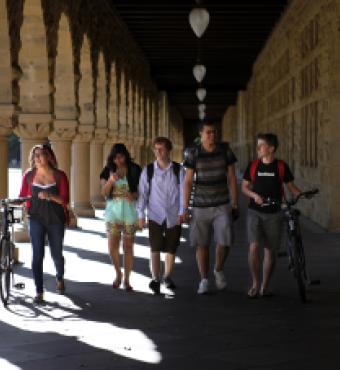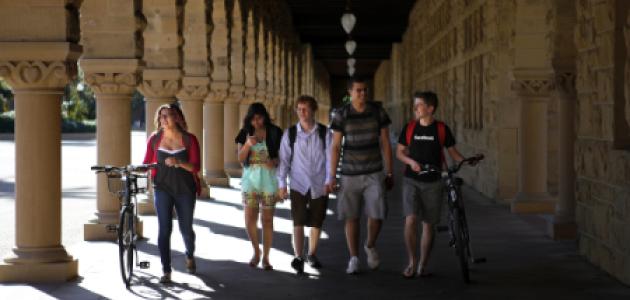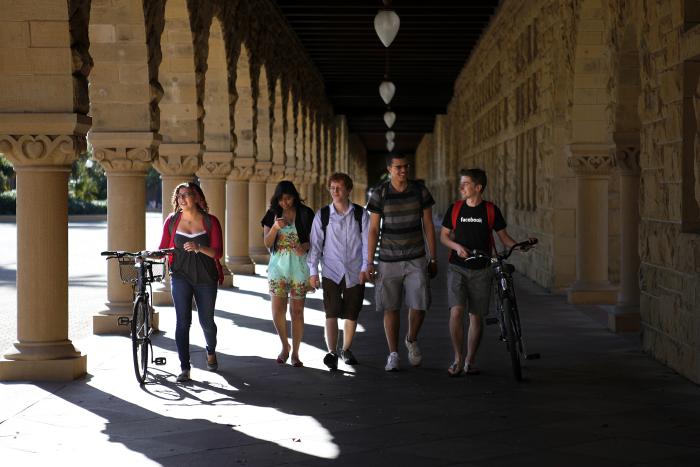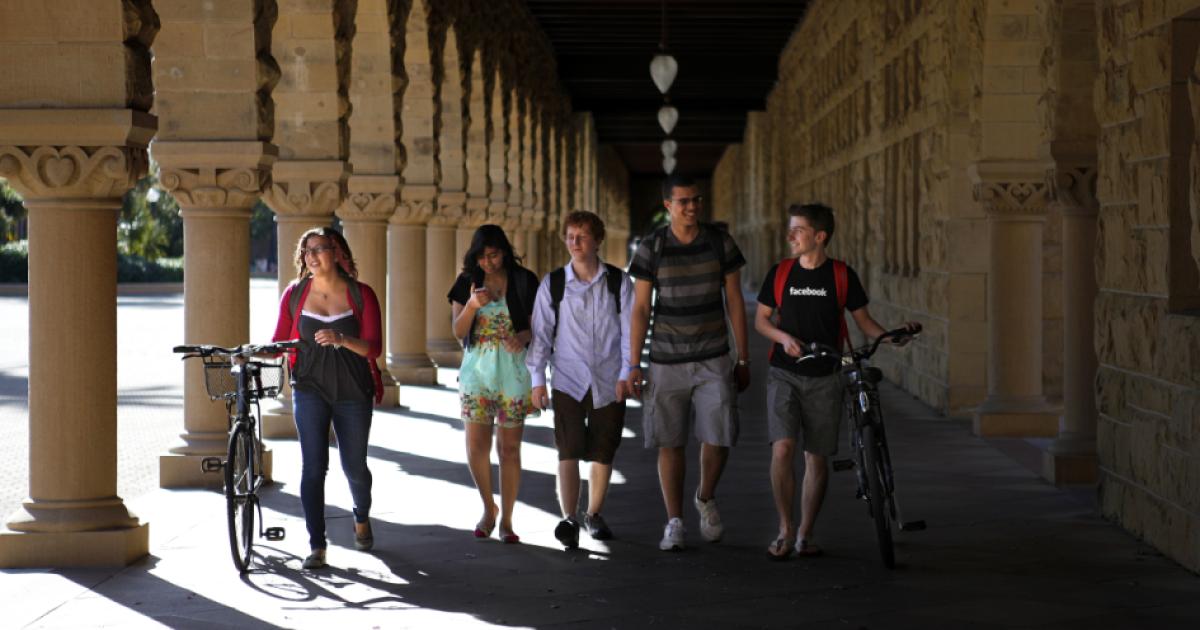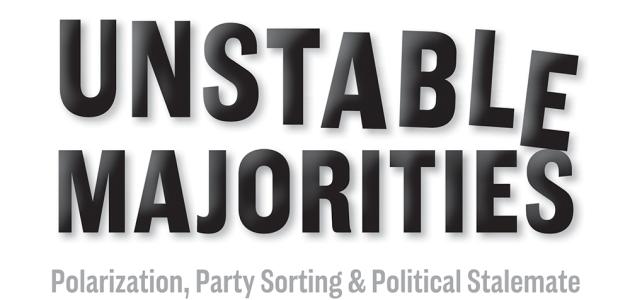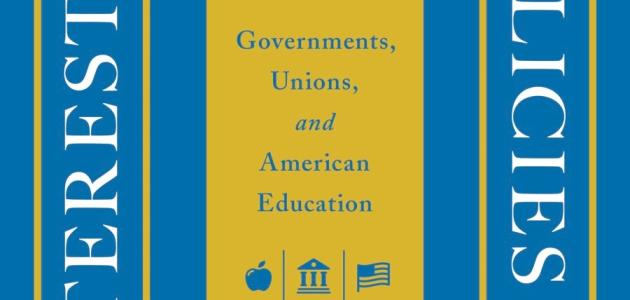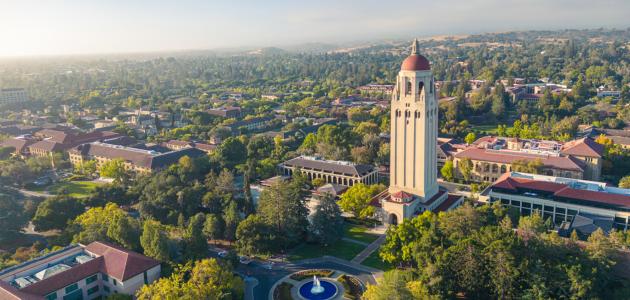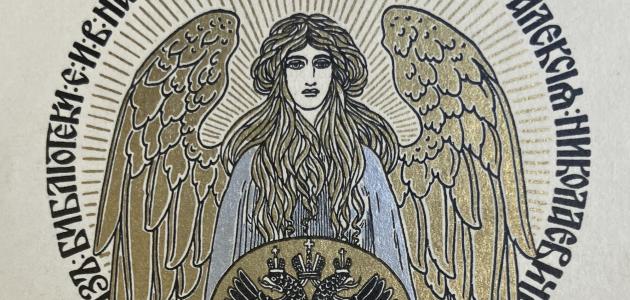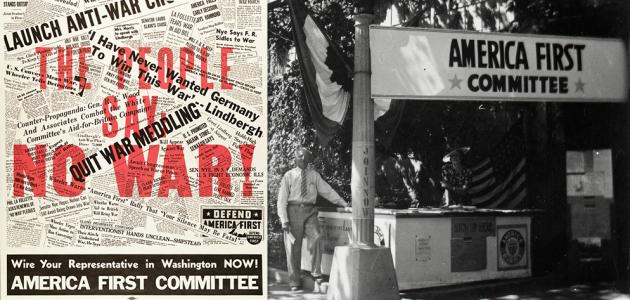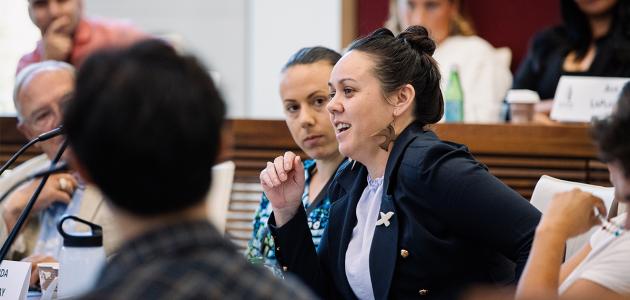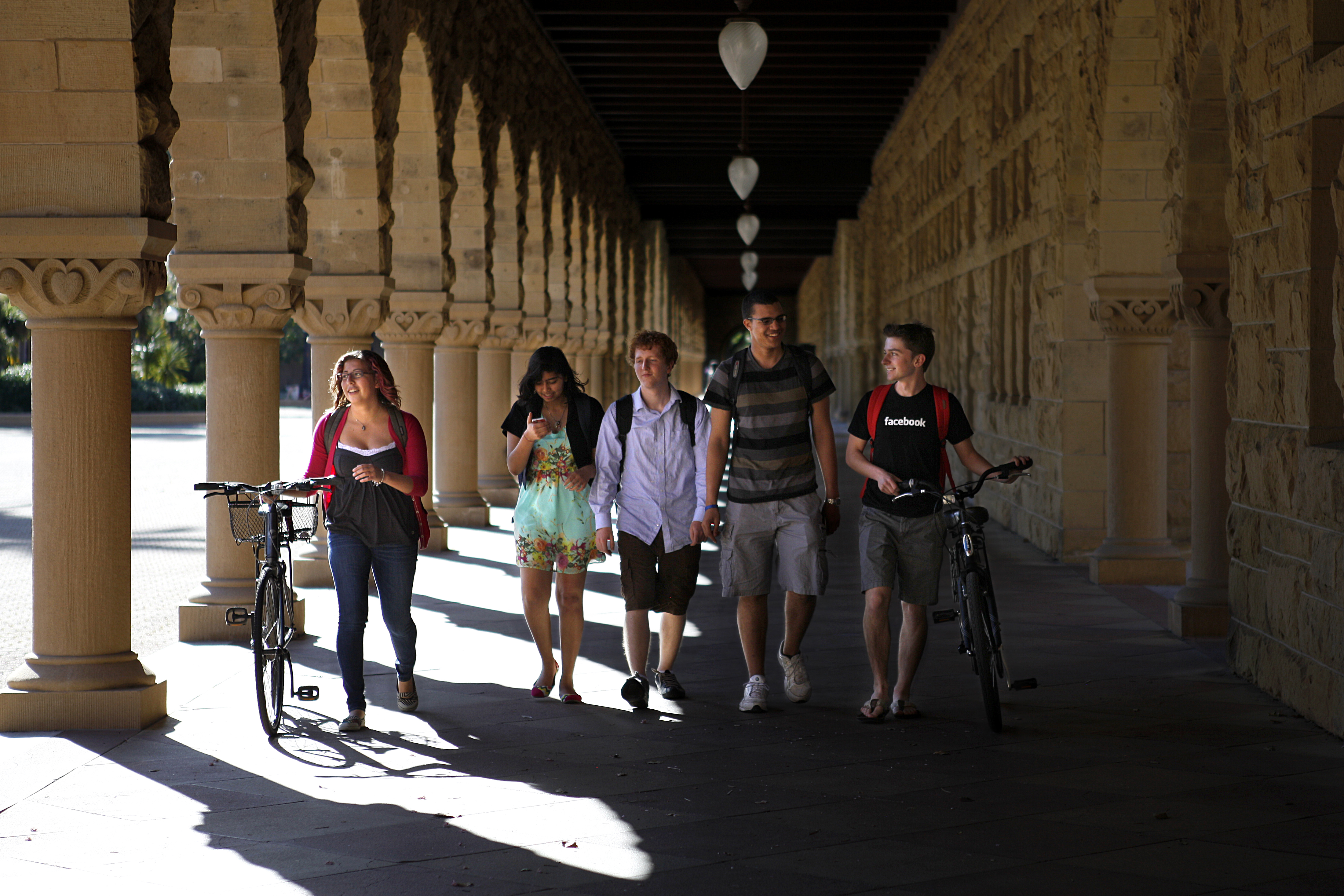
Stephen Haber, director of the Hoover Institution Working Group on Intellectual Property, Innovation, and Prosperity (Hoover IP²), announced that applications are now being accepted for the 2018 Summer Institute on the Economics and Politics of Innovation (formerly the Summer Teaching Institute).
The fifth session of the two-week Hoover IP² Summer Institute will convene at Stanford University from August 5 through August 17, 2018. The application deadline is January 22, 2018; applications are available online.
The Summer Institute offers a logic and evidence-based approach to evaluating the effects of markets, regulation and legislation, and governmental administration on innovative and creative activities. Haber said, “Evidence and reason are the linchpins to sound public policy creation; we emphasize both in every segment of instruction.” He added, “In cases of market failure, government intervention may be necessary, but poorly designed regulations and legislation can lead to unintended consequences that can impede innovation and economic growth—something we want to avoid.”
The program is open to judicial clerks, congressional staff, analysts and attorneys at federal regulatory agencies, law school students and recent graduates, graduate students in public policy programs, and other young professionals and attorneys. International students are invited to apply.
Hoover fellow Richard Sousa, who coordinates the program with Haber, said “The program supplements the students’ education with an interdisciplinary approach that incorporates economics, political science, and legal studies and applies the tools from all three disciplines into the analysis of the impact of regulation on innovation and markets.”
After first providing the students a firm foundation in microeconomics and statistical inference, the program focuses on four interlinked regulatory issues: antitrust and competition among firms, financial regulation, environmental issues, and intellectual property rights. The seminars are taught by professors from leading academic institutions including Stanford, University of California at Berkeley, Naval Postgraduate School, New York University, George Washington University, University of Rochester, and University of Washington. In addition industry leaders are invited to lecture, bringing their real-world experience to supplement the economic theory and traditional classroom instruction.
In describing the program, Victor Menaldo, a political scientist at the University of Washington and one of the program’s core instructors, said, “At the end of the course, students will better understand the enormous stakes involved in creating public policy, the many, competing demands placed on policymakers, and the important consequences for social welfare associated with their efforts.”
Limited to twenty-two students, the program provides them with a unique opportunity to interact with peers and new colleagues and to learn from award-winning teachers. The students live on campus at Stanford, further affording them the opportunity to develop their ideas and analyze the lectures in a more informal setting after classes end.
Students from the 2017 session praised the program; one said, “The lecturers were the best set of teachers I have encountered in my student life.” Another added, “I would gladly recommend this program to anyone willing to learn data analysis methods and an economic perspective of public policy.”
Menaldo said that, “The students become fully immersed in the microeconomics and political economy of regulation” and that the instructors, as well, benefit from this interaction; “my participation in this program has made me a much better teacher and researcher.”
All costs, including travel, are covered by the Hoover Institution, Stanford University. Prospective students may download the application form from the Hoover IP² web site.
One student summed it up: “The two weeks were a truly exceptional experience!”







